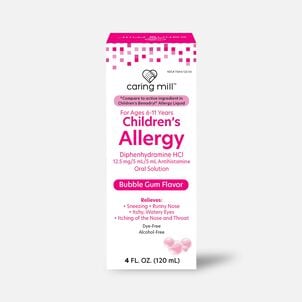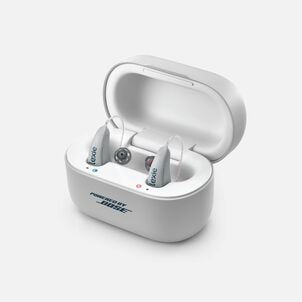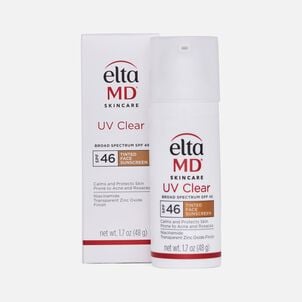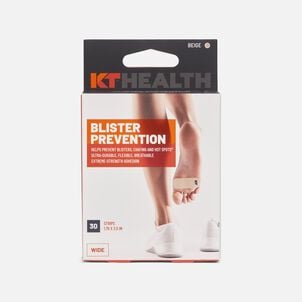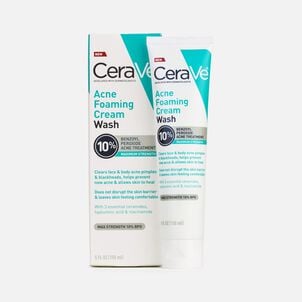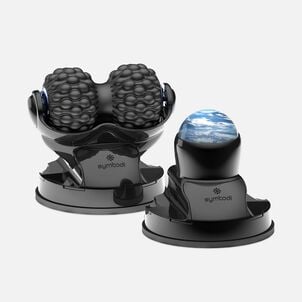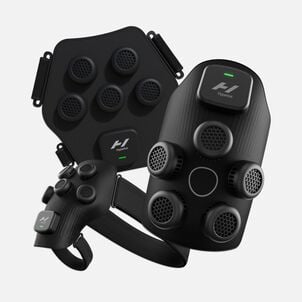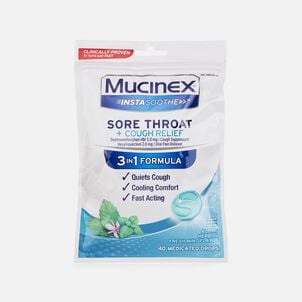If you have an HSA, you've likely heard the word "reimbursement" more times than you can count. But knowing exactly what reimbursements are, and figuring out exactly how the process works, can be downright confusing.
When you want to use your HSA funds to pay for a qualified expense, you have two options of how to go about it: paying for your expenses with funds directly from your HSA or paying out of pocket and reimbursing yourself later.
Tip: Of these two strategies, choosing to pay out of pocket and reimburse yourself later is an integral part of what makes pre-tax savings such a savvy and worthwhile investment, especially if your finances allow you to do so.
Paying directly from your HSA
Paying for expenses directly with your HSA funds is often a convenient option, and there are several different payment methods available, depending on personal preference:
- HSA debit card: Whether it's at the doctor's office, the store, or online, you'll be using your HSA debit card just like you'd be using your regular debit card. When you use it to pay for an expense, the money will be withdrawn directly from your HSA (but always keep your receipts just in case the IRS ever audits you)
- Checks: You can order checkbooks and use the checks to pay for expenses, just as you would with checks that are tied to your regular checking account
- Online payments: Many HSA administrators offer an online bill payment option that will allow you to pay a bill directly from your HSA in the online members portal
Reimbursing yourself later
There may be times when you find the need to pay for an expense out-of-pocket and then reimburse yourself for the associated cost at a later date. For example, you might have to undergo an expensive procedure and not have enough money in your account at the time to cover it. Or you might just be facing multiple expenses in a short period of time.
There may also be times when you decide you'd like to reimburse yourself for an expense you incurred at a previous date that you initially paid out-of-pocket. (We’ll get to this in a bit.)
Whatever the case, you'll need to request reimbursement through your HSA administrator or HSA bank custodian. The specific steps you need to take may vary depending on your administrator, but the reimbursement process is generally quite simple. Typically, reimbursing yourself for out-of-pocket expenses doesn't require detailed documentation or claim forms, and administrators offer several easy reimbursement methods.
- HSA debit card: You can use your debit card to withdraw funds from any ATM. But you may want to do this sparingly as some ATMs will charge you a transaction fee, and those can add up quickly
- Online bank transfers: You may be able to sign in to your HSA web portal and transfer money from your HSA to your own checking or savings account
- HSA checks: If you have a checkbook for your HSA account, you can write checks to yourself and deposit the money in the account of your choice
One last (important) note...
Keep in mind that you can reimburse yourself for any expense at any point, as long as it was incurred after your HSA was established. So if you had an expense that you paid out-of-pocket last year after your HSA was established, but want to reimburse yourself for it this year, you can do so without penalty.
One of the most important things you can do for yourself during the reimbursement process is keep detailed records of all of your qualified expenses, regardless of whether you plan on reimbursing yourself for it now or later. Keep dated copies of all bills and receipts. You may even find it helpful to make a spreadsheet to keep track of all of these expenses.
You'll be reporting your total withdrawals to the IRS every year on a 1099-SA form. So, when you're doing your taxes you'll be responsible for reporting all of your reimbursed expenses, qualified or non-qualified. If you're ever audited by the IRS, you'll need those receipts to prove that you spent the funds on qualified expenses. The more organized you are, the better off you'll be.
Remember that if you use your HSA to pay for non-qualified expenses, you'll be subject to a 20% penalty, as well as any applicable income taxes for the distribution. If you're over the age of 65, you can withdraw money for non-qualified expenses without fear of the 20% penalty, but the money will still be considered taxable income.
As always, the information provided in this article should not be considered legal or tax advice. Please consult a licensed professional for appropriate advice given your individual situation.
-
Thank you for visiting the HSA Store Learning Center! Don’t forget to follow us for more helpful tips on Facebook, Instagram, and Twitter!



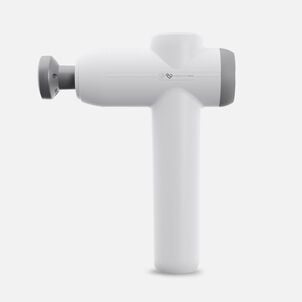


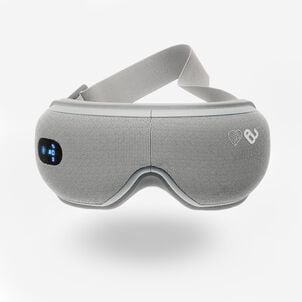
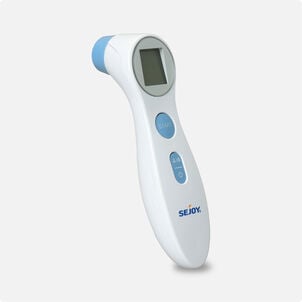

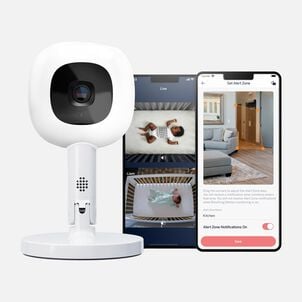


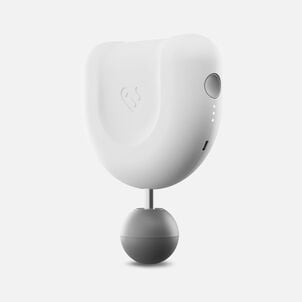



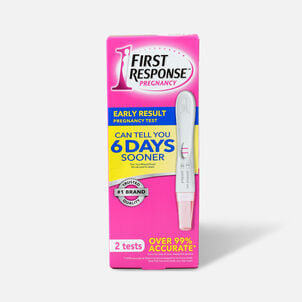
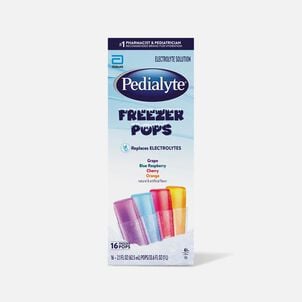
.png)
